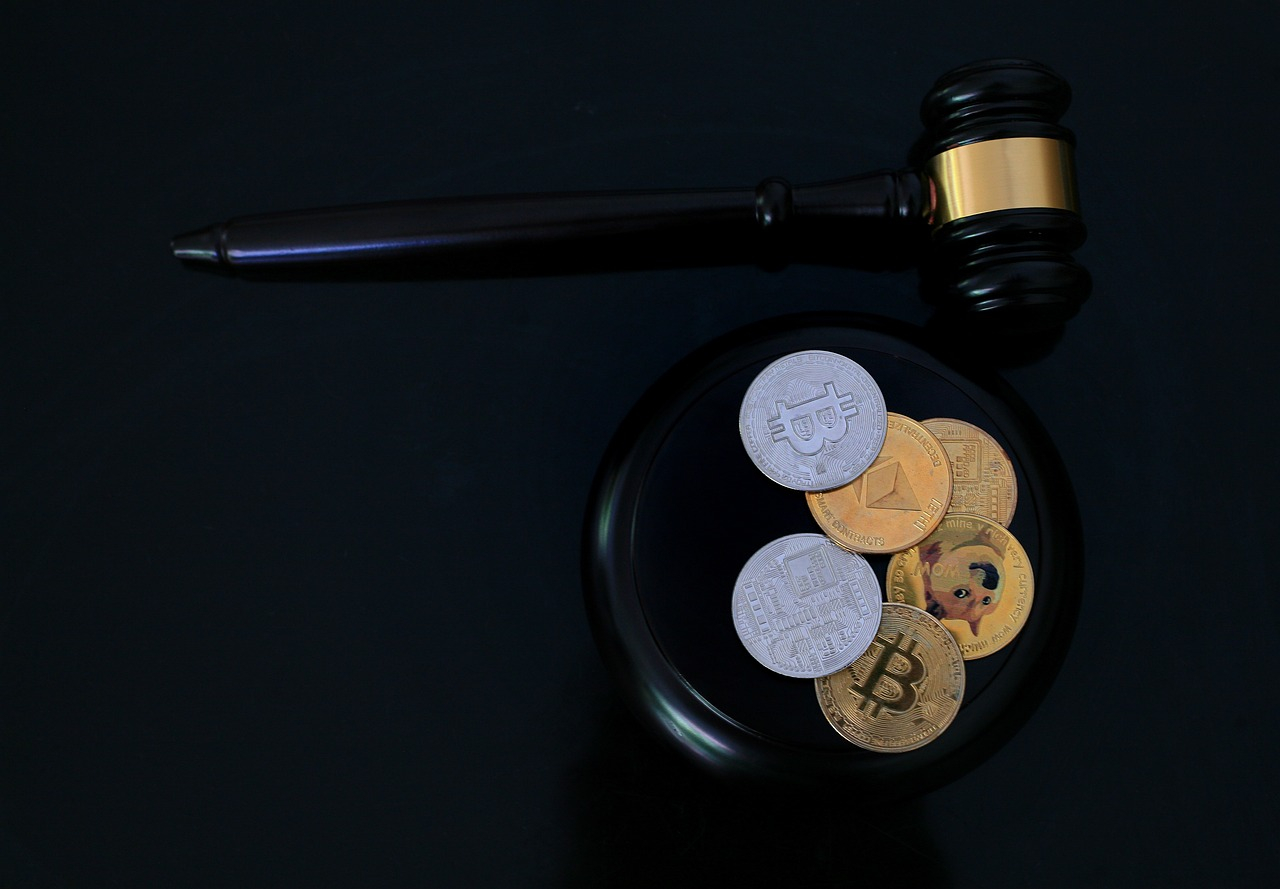Digital Heritage Protection: Virtual Legacy Rights
In today’s digital age, preserving our cultural heritage has become more important than ever before. With the advancements in technology, our virtual legacy has become just as valuable as our physical legacy. From digital artworks to online archives, our digital heritage holds a significant place in our society. However, with its increasing significance, the need for digital heritage protection has also emerged. In this article, we will explore the concept of virtual legacy rights and why it is crucial for the preservation of our digital heritage.
The Rise of Digital Heritage
Since the introduction of the internet, our lives have become intertwined with technology. It has opened up a whole new world of opportunities, especially when it comes to preserving our heritage. From digitizing ancient manuscripts to creating virtual museums, technology has made it possible for us to protect and share our cultural heritage with the world. However, this digital heritage has also given rise to several challenges that need to be addressed.
The Need for Digital Heritage Protection
While the internet has made it easier to access and share our cultural legacy, it has also made it vulnerable to theft and misuse. The digital medium is easily replicable, making it easier for others to claim ownership of our virtual legacy. Additionally, digital artworks and archives are at risk of being lost or damaged due to technological failures. As a result, there has been a growing need for digital heritage protection to safeguard our virtual legacy and maintain its authenticity.
The Concept of Virtual Legacy Rights
Virtual legacy rights refer to the legal rights of individuals or organizations over their digital heritage. It includes the ownership, access, and control of digital content such as artworks, archives, and data. These rights aim to protect the creator’s intellectual property and ensure the preservation of their digital legacy. Virtual legacy rights can be enforced through copyright laws, digital watermarks, and other technological measures.
The Benefits of Virtual Legacy Rights
One of the main benefits of virtual legacy rights is the protection of digital inheritances. In the past, descendants could inherit physical possessions, such as family heirlooms, but they had no legal right over their ancestor’s digital legacy. With virtual legacy rights, individuals can now pass on their digital heritage to future generations, ensuring its preservation. Moreover, these rights also protect the creators’ intellectual property, preventing others from using their digital content without their consent.
The Role of SEO in Digital Heritage Protection
Search engine optimization (SEO) plays a crucial role in protecting our virtual legacy. By optimizing digital content for search engines, we can ensure that the rightful creators are credited and acknowledged for their work. This prevents others from claiming ownership of their digital legacy and ensures that it remains authentic. Moreover, SEO also enables individuals to easily find and access their digital heritage, making it easier for them to preserve and share it with others.
In Conclusion
With the increasing importance of our digital heritage, the need for its protection has also amplified. Virtual legacy rights aim to safeguard our virtual legacy and preserve it for future generations. By enforcing these rights, we can ensure that digital content creators receive recognition and compensation for their work. Moreover, it also enables individuals to pass on their digital legacy to their descendants. With the help of SEO, we can further enhance the protection of our virtual legacy and maintain its authenticity. Let us join hands in safeguarding our digital heritage for generations to come.










